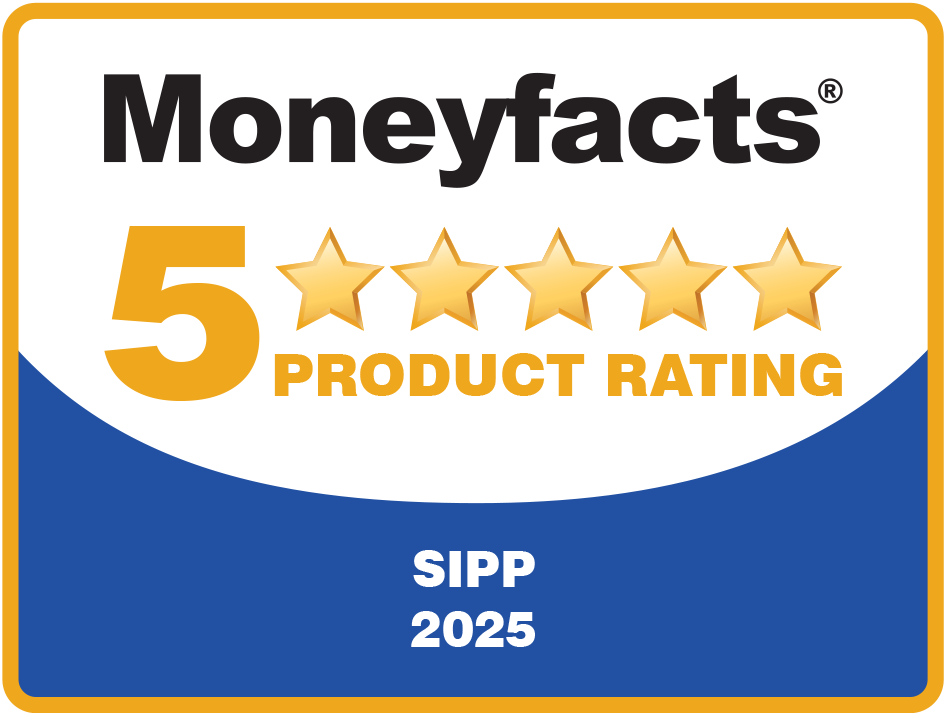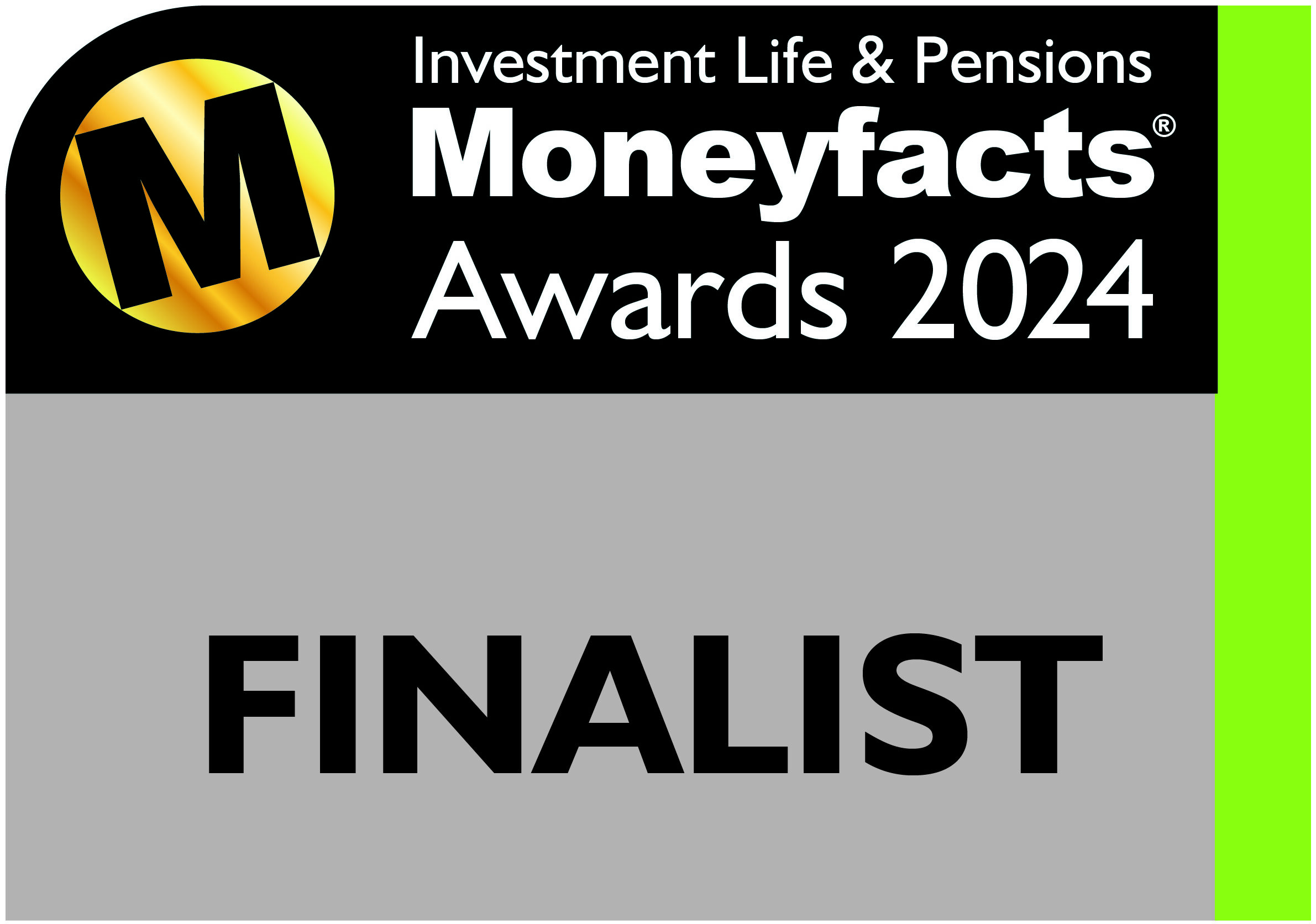11 weird and wonderful types of property clients can hold in a SIPP
When you think about commercial property and SIPPs, the same property types often come to mind: offices, industrial units, and shops.
Commercial property in SIPPs is often a subject we cover in our news section. As many of you will know, this is an area of expertise for IPM as we own almost 1,200 properties on behalf of our clients.
Many of these are the traditional types of property you’d expect a SIPP provider to own. However, as you might expect with this number of properties, clients sometimes ask us to consider more unusual requests.
The starting point for IPM on any property enquiry is that it must be a commercial property in the UK. So long as the property in question fits that rather broad description, we are happy to consider it further.
So, here are a few of the more weird and wonderful properties that we own within the scheme.
Airfield
It may not be Heathrow, but we own an airfield in the north-east for one of our clients. The 25-acre site includes the airfield, which is used as a runway, along with a hanger for the planes to be stored.
The airfield is leased to a company that allows use for light aircraft, recreational pilots, and local flight schools, which pays rent to the SIPP in exchange for use of the land.
Soft play centre and studio
If you have a small child, you’ll be familiar with soft play centres (personally I have spent many a wet and cold afternoon in one!). However, not many people would consider a SIPP owning a soft play centre.
This was the scenario presented to us by one of our advisers, together with a studio, which is used by the tenant for various classes and clubs, and a small café area.
Additionally, the client’s SIPPs did not have sufficient cash within them in order to complete the purchase, so borrowing was required.
The maximum amount that a SIPP can borrow under HMRC guidelines is limited to 50% of net scheme assets. Often clients will approach banks or brokers to source the finance.
Another option is to have a connected party lend the money to the SIPP on a commercial basis. In the instance of the soft play centre, it was the client’s business that lent the money to the SIPPs to complete on the purchase. Consequently, it was also the client’s business that benefited from the interest return on the loan paid by the SIPP.
Fishing lake
An adviser we work with had a client who is in the fishing industry. The client owned several lakes within his business and an opportunity came up for a lake he wanted to add to his portfolio. Funds within the business were tight, so he asked his adviser for other ways to raise the funds for the purchase.
The client had accumulated numerous pension pots over the years which, when consolidated into a SIPP, exceeded the asking price of the lake.
We set up the SIPP and arranged for a transfer of the existing pension arrangements and to purchase the land on the client’s behalf. This included the lake and a small outbuilding, which was used for storage. We then granted a lease to the client’s company for use of the land, which had to be set at market rate as the tenant is a connected third party to the SIPP.
The lake is now mainly used for people to fish in, although we understand that an inflatable aqua park may be on the cards too!
Polo club
Two IPM SIPPs own a share of land that has been rented to a polo club. With fixtures and tournaments played throughout the summer, the land is also home to extensive stabling facilities, a tack room, grass liveries, an exercise track, and the polo pitch.
Interestingly here, the SIPPs do not own the entire title of land on which the polo club operates. Instead, they own just over a 25% share between the two SIPPs.
While there are no restrictions in HMRC guidelines for part ownership of property, IPM will only consider such transactions where:
- The third party the SIPPs own property with are connected to the underlying beneficiaries of the SIPP. This is to ensure that the interest of all parties is aligned (in the case of the polo club, the clients own the remaining share personally)
- The property is not VAT registered.
IPM is comfortable with owning VAT-registered properties in their entirety, either via one SIPP or several. However, we are not able to limit the SIPP’s liability with the VAT office to the value of its assets. This means if the third party the SIPP owns the property with does not pay any VAT due or any associated fines, these could fall on the SIPP or, ultimately, IPM.
Rifle and pistol club
Although typical in terms of structure, the use of this industrial unit in Northamptonshire certainly got our attention when a client asked to consider this purchase back in 2012.
The unit is rented out to a local rifle and pistol club, whose existing lease we took over as part of the purchase process. The building contains two 25-yard indoor ranges, which can be used by small bore rifles, air pistols, and air rifles.
There is a club room in the building for the club’s members to enjoy, and this includes a seating area and places to make drinks and food. The site also benefits from a car park.
Pubs
We own several pubs on behalf of clients. Some of these are more traditional pubs, while others combine both a bar area and a restaurant.
What a number of these pubs have in common is that, on the first floor, there is accommodation where the bar or restaurant manager can live.
Usually, residential property and SIPPs are not something that go hand in hand. However, HMRC guidance has a “caretaker’s clause”.
Providing that it is a contractual obligation of the tenant for someone to be on site 24/7, and that someone is not the SIPP beneficiary or anyone connected to them, then it is possible for the SIPP to own the entire building without incurring a tax charge.
It is still worth starting with a degree of caution for any property with a residential element. However, it does not always necessarily mean that there isn’t a situation where the SIPP cannot help.
Zoos and more
As well as the above, there are other interesting properties that IPM owns or we are aware have been bought by other SIPP providers, including:
- Zoos
- Football stadiums
- Golf courses
- Abattoirs
- Campsites
Get in touch
Commercial property purchase continues to be a popular investment choice for IPM clients.
In particular, we have seen increase in the number of properties owned by clients or their businesses being sold to their SIPP over the last couple of years. This can often be done as a way to assist the cashflow of a business.
As demonstrated by the various properties above, commercial properties and SIPPs can form part of the conversation for many an adviser’s corporate clients. If you have a particular scenario you think we can help with, please get in touch.
Email info@ipm-pensions.co.uk or call 01438 747 151.



